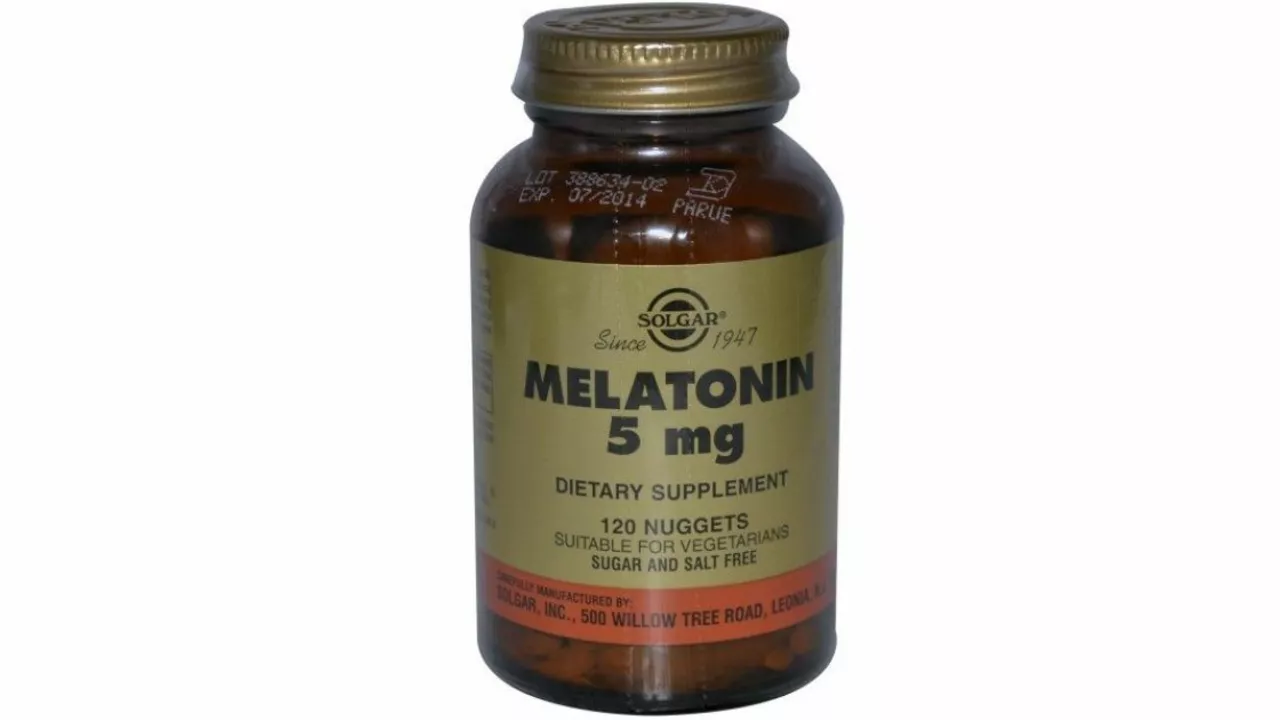Your eyes do more work than you think. Small daily habits add up—good ones slow vision loss, bad ones speed it up. This page gives clear, useful steps you can use today to keep your eyes sharp and comfortable.
Take breaks from screens. Follow the 20-20-20 rule: every 20 minutes, look at something 20 feet away for 20 seconds. That helps reduce eye strain, headaches, and dry eyes. Adjust screen brightness so it matches room light and position your screen slightly below eye level to cut glare.
Wear proper sunglasses. UV light damages the surface of the eye and contributes to cataracts. Look for sunglasses labeled 100% UVA/UVB or UV400. Even on cloudy days, UV protection matters—especially near water, snow, or at high altitude.
Eat vision-friendly foods. Leafy greens, eggs, and orange veggies supply lutein, zeaxanthin, vitamin A, and other nutrients linked to eye health. Fatty fish (like salmon) provide omega-3s that help with dry eye. You don’t need exotic supplements—real food works well, and a daily multivitamin with eye nutrients can help if your diet is limited.
Keep chronic conditions under control. High blood pressure and diabetes are two of the biggest risks to long-term vision. Regular checkups, proper meds, and stable blood sugars cut the odds of damage to your retina. If you have diabetes, get a dilated eye exam at least once a year.
Mind medication side effects. Some common drugs can affect vision or cause dry eyes. If a new medicine gives you blurred vision, light sensitivity, or other eye changes, tell your doctor or pharmacist right away. TotalCareMart articles cover how to buy meds safely and what side effects to watch for.
Follow lens care rules: wash hands before handling lenses, use recommended solutions, and never sleep in daily disposables. Replace cases every three months. For makeup, avoid applying mascara at the base of the inner eyelid and throw out old eye cosmetics—bacteria build up fast.
Get urgent care if you notice sudden vision loss, flashes of light, a curtain over your sight, severe pain, or a big increase in floaters. Don’t wait for an appointment—these can be signs of retina problems or other serious issues. For routine care, adults without risk factors should see an eye doctor every 1–2 years; follow your doctor’s schedule if you have health risks.
Buying eye meds and supplements online? Use licensed pharmacies, require a prescription for prescription meds, and avoid suspiciously low prices. Check for a pharmacy phone number and a clear return policy. If you’re unsure, call a pharmacist to confirm the product matches what your eye doctor recommended.
Simple changes—better lighting, regular breaks, smart food choices, and proper meds—protect vision more than you might expect. If you want specific product guidance or help finding safe online pharmacies, TotalCareMart Pharmaceutical Guide has step-by-step articles and safety checks to help you shop confidently.

In my recent exploration of dietary supplements, I stumbled upon Eyebright, a hidden gem for eye health. This amazing plant is packed with antioxidants and anti-inflammatory properties that can help protect our precious peepers. From aiding in soothing eye irritations to potentially slowing the progression of eye conditions like cataracts and macular degeneration, Eyebright is definitely a must-have in our health regimen. I was particularly impressed by its ability to support overall eye health and vision. So, if you're looking to give your eyes some extra care, Eyebright could be an excellent supplement to consider.